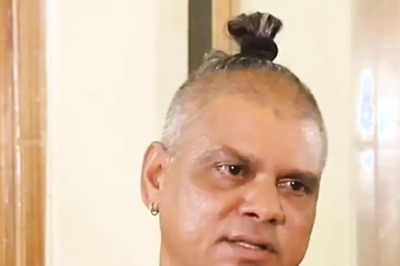
views
As the society is evolving, cases of divorce are not uncommon in India. However, divorce is one thing that affects the children more than it affects the parents, irrespective of a child’s age nobody can determine the exact psychological and emotional development that may get hampered.
When a divorce is being finalized one of the biggest issues that need to be determined is the custody of the children. Custody here refers to the parent with whom the child will physically reside and such parent will also be responsible for the child’s emotional, physical, mental, educational, and all the other needs that the child’s age demands. The custodial parent will be the primary caretaker of the child however, this doesn’t mean that the non-custodial parent will have no rights. The non-custodial parent will still be natural guardian of the child and will have visitation rights as well however the frequency is determined by the custody agreement agreed to by both the parties or the Court.
The law pertaining to the custody of children in India is determined by the Guardian and Wards Act along with Hindu Marriage Act, 1955, Special Marriage Act, 1954 and Divorce Act, 1869, however, it may also differ from case to case depending upon the religion of both the parties as the personal laws for every religion are different. Hindus, Jains, Buddhists, and Sikhs are governed by the Hindu Minority and Guardianship Act, 1956 whereas Muslims and Christians are governed by their respective personal laws.
Under the respective Acts, the Court has the power to grant either of the parents either Permanent Custody or Interim Custody or mere Visitation Rights. However, in cases of mutual consent, a new concept has emerged called the “Joint Physical Custody” however it is not provided for in any of the Acts.
Further, the Court doesn’t limit itself to the financial stability of the parent while determining the custodian parent rather looks into various factors like age and gender of the child, educational qualifications of the father, Educational qualifications of the Mother, Family background of the both the parents including financial and educational background, Financial Background of both the parents, staying with whom gives the child an opportunity to a better overall development and conduct of the parties.
The court at times also considers the desire of the minor regarding who he/she wants to stay with but that is generally in those cases where the age of the minor exceeds 9 years.


















Comments
0 comment